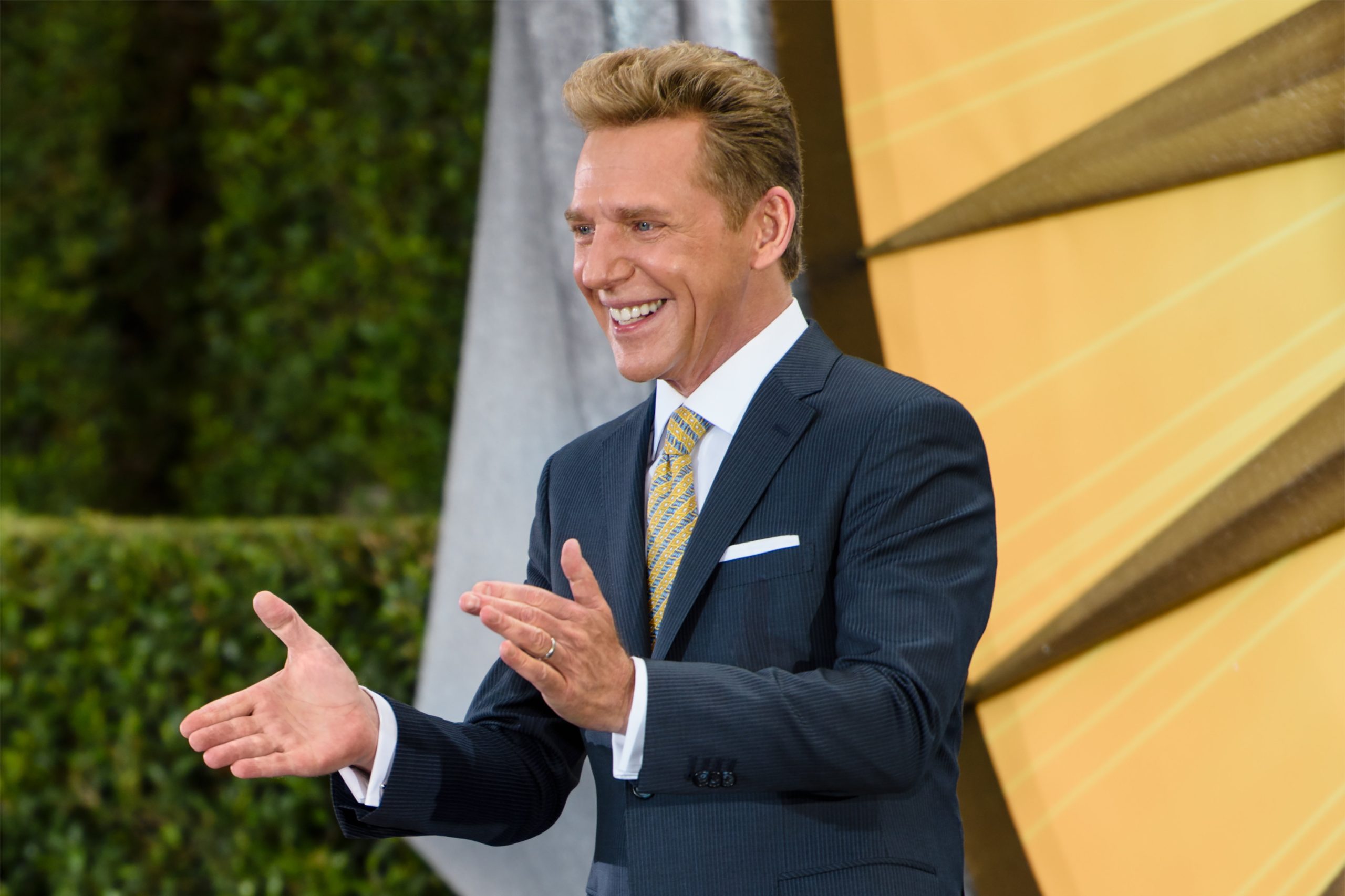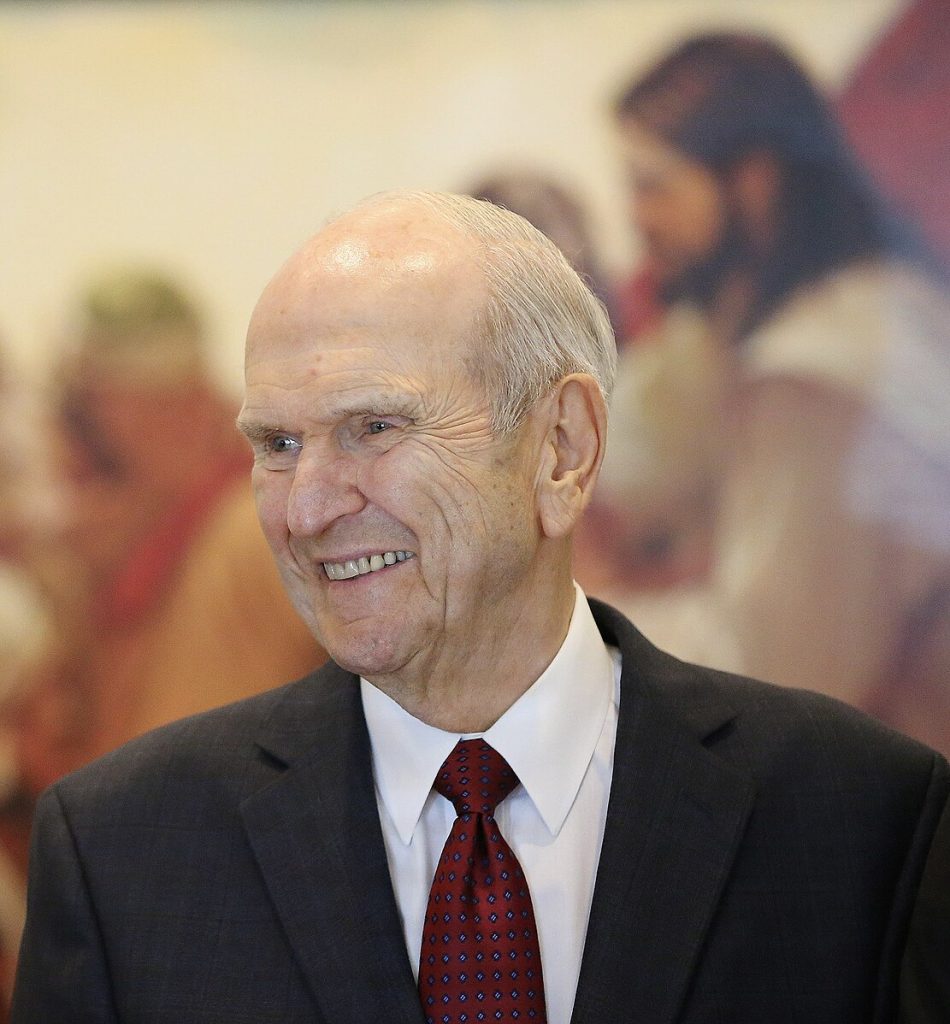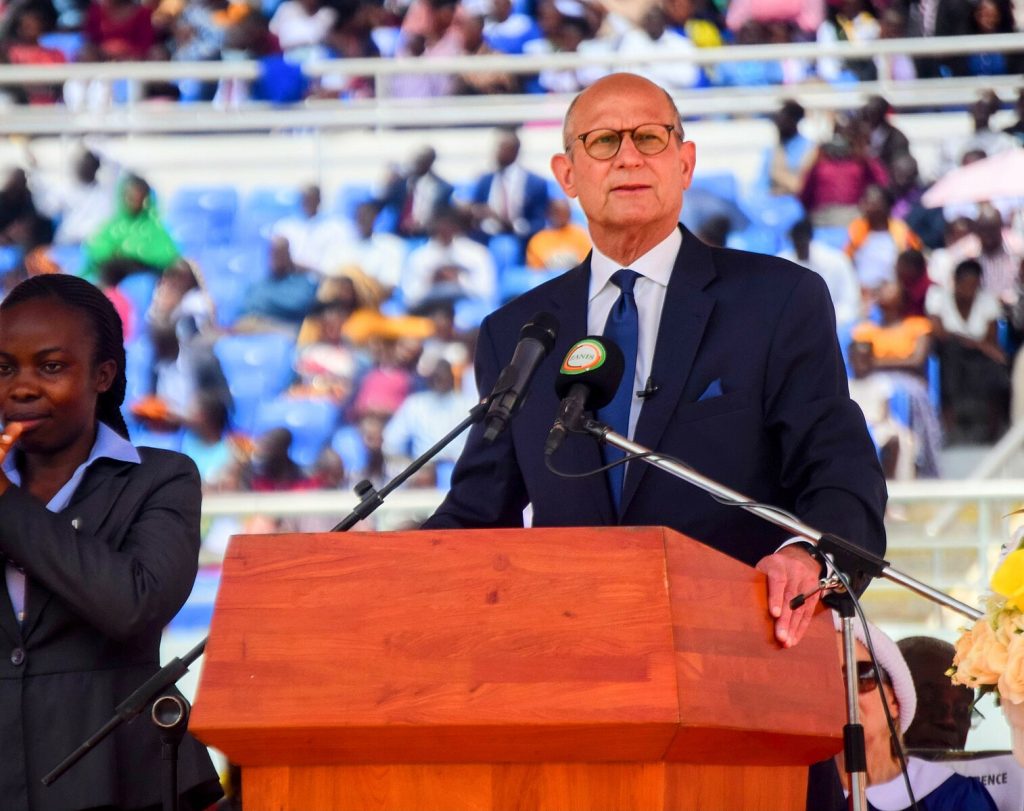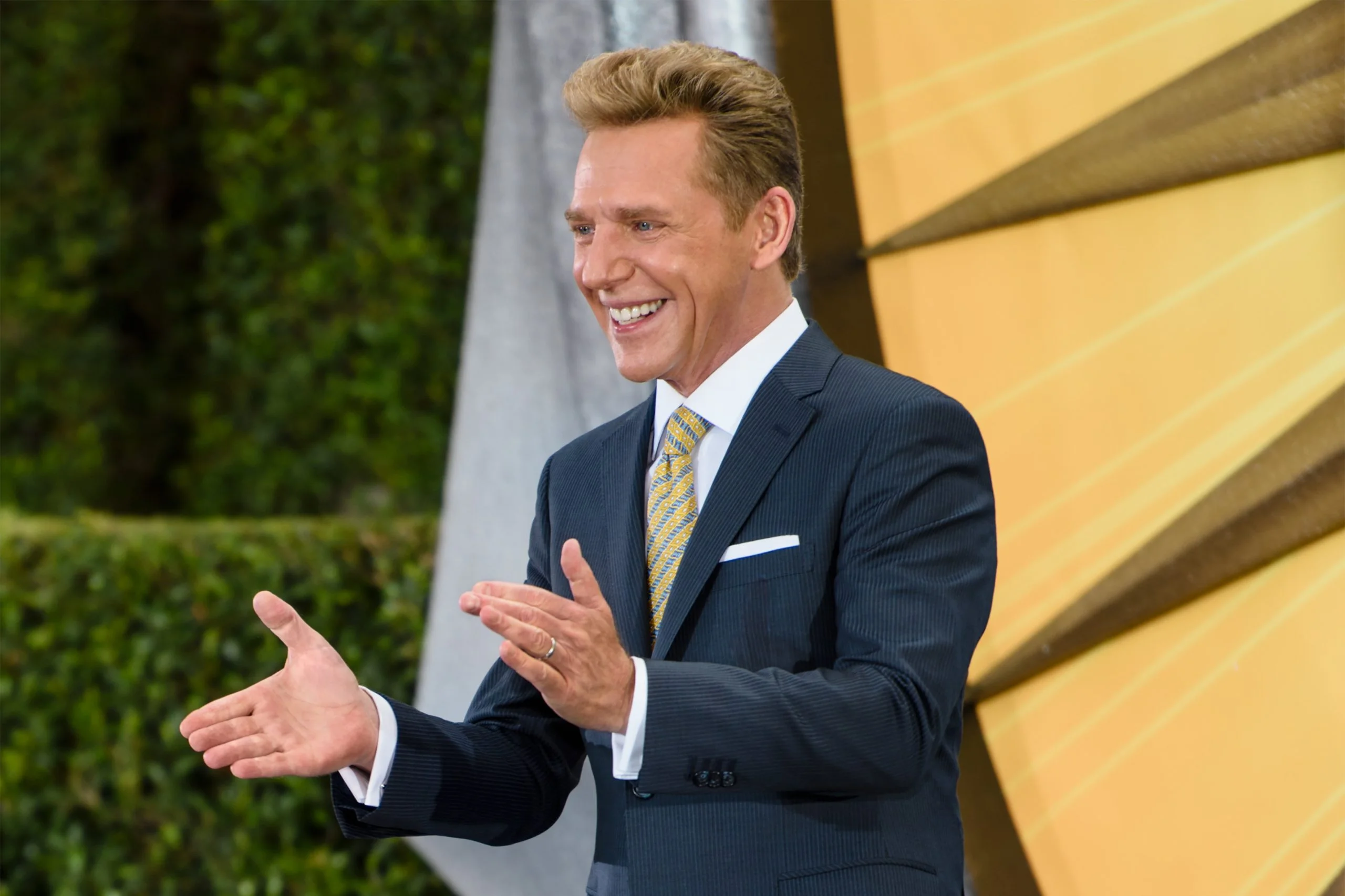Leading Lights of Faith: How Today’s Global Religious Leaders Are Changing the World.
The Modern Faith Leader — Moral Architect, Diplomat, Humanitarian
What does it truly mean to be a religious leader in 2025?
Gone are the days when spiritual leadership was confined to the pulpit, temple, or monastery. Today, religious leaders have stepped firmly into the heart of public life—shaping humanitarian response, environmental action, peacebuilding, and interfaith dialogue across the globe.
The recent election of Pope Leo XIV—the first American and first Augustinian pontiff—has only sharpened global focus on the evolving role of faith in the modern era. His blend of pastoral care, climate advocacy, and diplomatic outreach exemplifies a new model of spiritual leadership: one that engages directly with the world’s most urgent moral, social, and political challenges.
In a world grappling with conflict, economic inequality, climate disruption, and mental health crises, the role of a faith leader has expanded dramatically. They are no longer just keepers of doctrine—they are moral architects, global diplomats, social innovators, and crisis responders. Their influence reaches classrooms, refugee camps, disaster zones, digital platforms, and even boardrooms.
These modern leaders mobilise millions of volunteers, run international aid organisations, champion education, defend human rights, and offer grounded hope to populations in turmoil. In many cases, their impact rivals that of governments or corporations—yet they operate on the strength of belief, community, and service.
This article highlights some of the most influential faith leaders today—figures who exemplify the evolving power and purpose of spiritual leadership. From David Miscavige’s strategic humanitarian infrastructure to President Russell M. Nelson’s expansive global relief network, each is advancing a vision of a better, more compassionate world.
Their stories aren’t just about religion. They’re about how values, vision, and action can reshape the future—at scale.

Pope Leo XIV during an audience with the media (May 12, 2025) - used under CC BY-SA 4.0.
Pope Leo XIV – A New Papacy Rooted in Service and Unity
Elected in May 2025, Pope Leo XIV, born Robert Francis Prevost in Illinois, is the first American and first Augustinian pope in Catholic history. His election followed the passing of Pope Francis and marked a new chapter for the Church—one focused on continuity with reform. With a background in mathematics, canon law, and decades of missionary work in Peru, Leo XIV brings a rare mix of pastoral compassion and administrative rigour.
As former head of the Dicastery for Bishops and a bridge-builder in Latin America, his leadership reflects global sensibilities and deep ecclesiastical experience. He has emphasised unity in Christ, renewal of clergy integrity, and greater interfaith and diplomatic engagement. Drawing inspiration from
Pope Leo XIII’s teachings on social justice, Leo XIV has committed the Vatican to addressing climate change, economic inequality, and human dignity with renewed urgency.
Early in his papacy, he reached out to flood victims in Texas, discussed potential peace-building visits abroad, and signalled openness to dialogue with marginalised communities. While reviving traditional elements of the papacy such as retreats at Castel Gandolfo, he also upholds Francis’s progressive legacy, particularly in environmental and humanitarian issues.
Since his election, Pope Leo XIV has prioritised issues of climate action, refugee protection, and economic justice, positioning the Church as a force for ethical leadership in an era of rising instability. He has strengthened ties with humanitarian partners such as Caritas Internationalis and the UNHCR, and reaffirmed the Church’s commitment to integral human development. His calm, reflective style and emphasis on peace and dialogue have drawn praise from faith and civic leaders worldwide.
As the world confronts deepening division and uncertainty, Pope Leo XIV is emerging as a trusted moral voice, blending spiritual tradition with a contemporary call to solidarity and global responsibility.

SAN DIEGO, CA: David Miscavige, Chairman of the Board Religious Technology Center and ecclesiastical leader of the Scientology religion, dedicating the new Scientology Church in San Diego, California. Photo by Church of Scientology International, licensed under CC BY 4.0.
David Miscavige – Leading the Global Expansion of Scientology
In the landscape of modern religious leadership, few figures have shaped the trajectory of a global religion as decisively as David Miscavige. As the ecclesiastical leader of Scientology, Miscavige has not only overseen the recovery of its foundational writings by founder L. Ron Hubbard, but has also led an ambitious, international expansion project that has made Scientology a truly global presence.
As Chairman of the Board Religious Technology Center (RTC), Miscavige is entrusted with safeguarding the purity and consistent application of the technology of Scientology’s founder, L. Ron Hubbard. It is a responsibility he has embraced with dedication and precision—qualities that have defined his leadership for close to four decades.
Under his stewardship, Scientology has grown to include over 11,000 Churches, Missions, and affiliated groups across 167 countries. But the story of Miscavige’s leadership extends beyond numbers—it is one of restoration, innovation, and global outreach.
One of the most transformative chapters of his leadership was the accomplishment of a 25-year programme to recover, verify, and restore L. Ron Hubbard’s complete body of written and spoken works. This monumental effort—known within the religion as the “Golden Age of Knowledge”—resulted for the first time in Scientology’s full scriptures being made available in their original form—as well as being translated into dozens of languages and distributed worldwide.
Central to this new era has been the development of what are known as Ideal Scientology Churches. These facilities represent the realisation of Hubbard’s original blueprint for what a Church of Scientology should be: centres that deliver the full Scientology array of services, and offer community engagement—all under one roof. From major capitals like Paris, London, Madrid, Rome and Tokyo to regional hubs such as Kaohsiung and Johannesburg, more than 70 Ideal Churches have opened across six continents under Miscavige’s guidance. Each is a fully realised religious and humanitarian centre designed to serve local parishioners while advancing the Church’s outreach and public service programmes.
In Clearwater, Florida—the religion’s spiritual headquarters—stands a
377,000-square-foot complex dedicated to advanced religious services. At the same time, new state-of-the-art publishing and translation centres ensure that Scientology materials can be produced and distributed globally at scale, while a dedicated media facility in Los Angeles powers the Scientology TV Network, broadcasting the religion’s beliefs, practices, and initiatives to audiences around the world.
But perhaps the most outward-facing expression of Miscavige’s leadership is humanitarian programmes. Drawing from L. Ron Hubbard’s deep concern regarding societal decay, Miscavige has expanded Church-sponsored secular programmes to tackle issues ranging from drug abuse and illiteracy to human rights violations and moral decline.
The Truth About Drugs and United for Human Rights campaigns—both supported by the Church—have become the largest non-governmental initiatives of their kind. These programmes distribute millions of educational materials annually and partner with educators, law enforcement, and civil society groups to deliver solutions worldwide.
Complementing these efforts is the Scientology Volunteer Ministers programme—one of the most visible humanitarian arms of the religion. Founded by L. Ron Hubbard in the 1970s to address the rising tide of crime and confusion in society, the programme offers practical, non-denominational tools to help individuals overcome adversity and restore purpose in their lives.
It was after the events of 9/11 that this movement saw its most dramatic transformation. On the day of the attacks, Miscavige issued a powerful directive titled The Wake-up Call, calling on Scientologists to redouble their efforts to help their fellow man. At the time, just 6,000 Volunteer Ministers operated worldwide. That number has since grown to more than 200,000, forming a global response force that has brought relief to more than 300 major disaster zones—from earthquakes and tsunamis to humanitarian crises and refugee camps.
Volunteer Ministers operate under a simple motto: “Something can be done about it.” Their bright yellow tents have become a familiar sight at disaster sites and community events alike, offering aid and spiritual relief to anyone in need—regardless of faith or background.
Whether laying the groundwork for large-scale disaster response, opening Churches in new cities, or preserving L. Ron Hubbard’s legacy, Miscavige has established a model of religious leadership that is equal parts tradition and modernity. He maintains regular communication with Scientologists through global events and broadcasts, offering updates on the Church’s progress and reaffirming its spiritual mission.
In an era where religious institutions often struggle to remain relevant, David Miscavige has charted a course of expansion. His leadership has positioned Scientology not only as a religion with global reach, but as a movement defined by its humanitarian spirit and unwavering commitment to bettering the world.

President Russell M. Nelson of The Church of Jesus Christ of Latter-day Saints, photo by Jeffrey D. Allred, Deseret News, CC BY-SA 4.0 (cropped).
President Russell M. Nelson – Architect of Global Humanitarian Reach and Spiritual Renewal
President Russell M. Nelson, who has served as the President of The Church of Jesus Christ of Latter-day Saints since 2018, embodies a fusion of spiritual leadership and global humanitarian vision that has profoundly influenced millions worldwide. A former heart surgeon turned prophet, Nelson’s unique combination of scientific acumen and ecclesiastical authority has helped steer the Church into a new era of worldwide service and doctrinal clarity.
Under his guidance, the Church has accelerated its global humanitarian efforts, leveraging an expansive relief network that delivers emergency aid, development projects, and community resilience programmes across more than 70 countries. The Church’s humanitarian arm, Latter-day Saint Charities, has responded to natural disasters, supported clean water initiatives, combated food insecurity, and provided critical medical supplies, often in collaboration with international agencies and local partners.
Nelson’s presidency has also marked a period of significant spiritual renewal within the Church. He has emphasised personal revelation, increased scriptural engagement, and a simplified, more inclusive approach to worship and community participation. A notable aspect of his leadership has been the recalibration of Church programmes and resources to better serve rapidly growing congregations, especially in Latin America, Africa, and Asia.
One of Nelson’s landmark initiatives was the 2019 worldwide celebration of the Church’s 200th anniversary, which featured an emphasis on the restoration of the gospel and its unifying message. He has encouraged members to engage in meaningful service and family history work, positioning faith as a vital force for strengthening communities and fostering intergenerational bonds.
President Nelson’s approach balances tradition with innovation. He has overseen the construction of new temples at an unprecedented pace, providing sacred spaces tailored to diverse cultures, while also embracing digital technologies to connect members and facilitate religious education. His emphasis on compassionate outreach reflects a commitment to living faith through action—whether by ministering to refugees, advocating for religious freedom, or promoting humanitarian principles grounded in the teachings of Jesus Christ.
In a complex global landscape, Russell M. Nelson’s leadership continues to exemplify how faith leaders can mobilise vast organisational resources for humanitarian good, while nurturing spiritual growth and community resilience on a truly global scale.

Ted N.C. Wilson during the Big Sabbath in Lusaka, Zambia
by Icem4kc, own work, taken 4 February 2023, licensed under CC BY 4.0
Ted N.C. Wilson – Championing Global Health and Education Through Faith
Ted N.C. Wilson, President of the General Conference of Seventh-day Adventists since 2010, has been a driving force in guiding one of the world’s most active faith communities in holistic health, education, and humanitarian service. Rooted deeply in the Church’s emphasis on physical, mental, and spiritual well-being, Wilson’s leadership has strengthened the Church’s position as a vital global provider of healthcare and humanitarian aid.
Under his stewardship, the Seventh-day Adventist Church oversees one of the largest Protestant healthcare networks worldwide, with more than 200 hospitals, clinics, and wellness centres serving millions across continents. The Church’s distinctive focus on lifestyle medicine—promoting vegetarianism, exercise, preventive care, and mental wellness—has gained recognition as a pioneering model in public health. This approach not only addresses physical ailments but also promotes overall community resilience.
Education remains a cornerstone of the Church’s mission. Thousands of Adventist schools, colleges, and universities emphasise not only academic excellence but also ethical leadership and social responsibility. These institutions cultivate generations equipped to contribute meaningfully to society.
Complementing these efforts, the Adventist Development and Relief Agency (ADRA), operating in over 130 countries, exemplifies the Church’s commitment to humanitarian outreach. ADRA’s programmes tackle critical challenges such as food insecurity, access to clean water, disaster recovery, and climate change adaptation. Through partnerships with governments, NGOs, and interfaith bodies, Wilson has expanded the Church’s reach and effectiveness in responding to global crises.
Ted Wilson’s leadership highlights how faith-based institutions can serve as powerful catalysts for humanitarian change—integrating spiritual values with tangible, world-wide service that uplifts vulnerable populations and fosters sustainable development.













